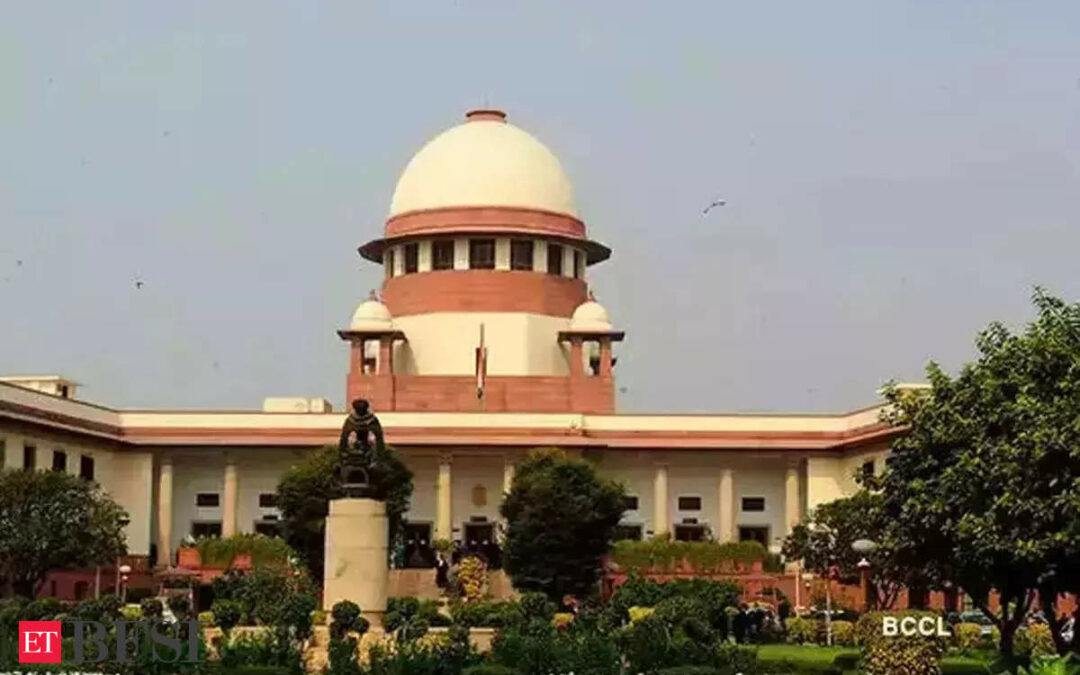In a significant development, the Supreme Court has issued an order allowing bankruptcy proceedings against personal guarantors of loans to defaulting companies. This decision is anticipated to create a new avenue for recovery, potentially amplifying banks’ realisations and strengthening their position in negotiations with defaulters. Moreover, it is expected to act as a deterrent against promoters offering unrealistic personal guarantees in the future.
Recent data from the Insolvency and Bankruptcy Board of India (IBBI) reveals that a total of 2,289 cases related to personal guarantees, involving corporate debt of Rs 1.63 lakh crore, have been filed at the National Company Law Tribunal (NCLT). Out of these, 282 cases have been admitted, with only 21 yielding Rs 91.27 crore in recoveries.
The Supreme Court’s decision is poised to propel these cases forward, providing banks with an opportunity to pursue both existing and new applications. Legal experts suggest that this move is likely to result in increased recoveries, as individuals may become more concerned about the potential loss of personal assets.
The ruling is also expected to enhance recovery from accounts that have been previously written off, contributing positively to the financial performance of banks.
Experts express that lenders will now possess greater leverage in dealing with defaulters, sending a strong message, particularly to large promoters. The order will allow banks to become parties to personal insolvency cases, potentially expediting the resolution process.
The verdict
In a recent dismissal of petitions filed by former promoters, including Anil Ambani, Venugopal Dhoot, and Sanjay Singal, the Supreme Court upheld the initiation of personal insolvency proceedings against them. This decision has broader implications, dissuading promoters from stalling recovery processes by filing voluntary personal insolvency cases and taking advantage of moratorium periods.
Experts say pursuing old cases, and the stigma associated with personal insolvency is expected to encourage many promoters to settle outstanding dues. The ruling is likely to act as a deterrent against promoters offering excessive bank guarantees, which was commonplace in the past.
Personal insolvency cases involve the ascertainment of the defaulter’s estate by a resolution professional, followed by its distribution among creditors. If the person fails to settle dues, they are declared bankrupt, and their assets are sold to repay creditors. This legal status imposes restrictions, including ineligibility for directorships, bank loans, access to the bond market, and standing for public office.










